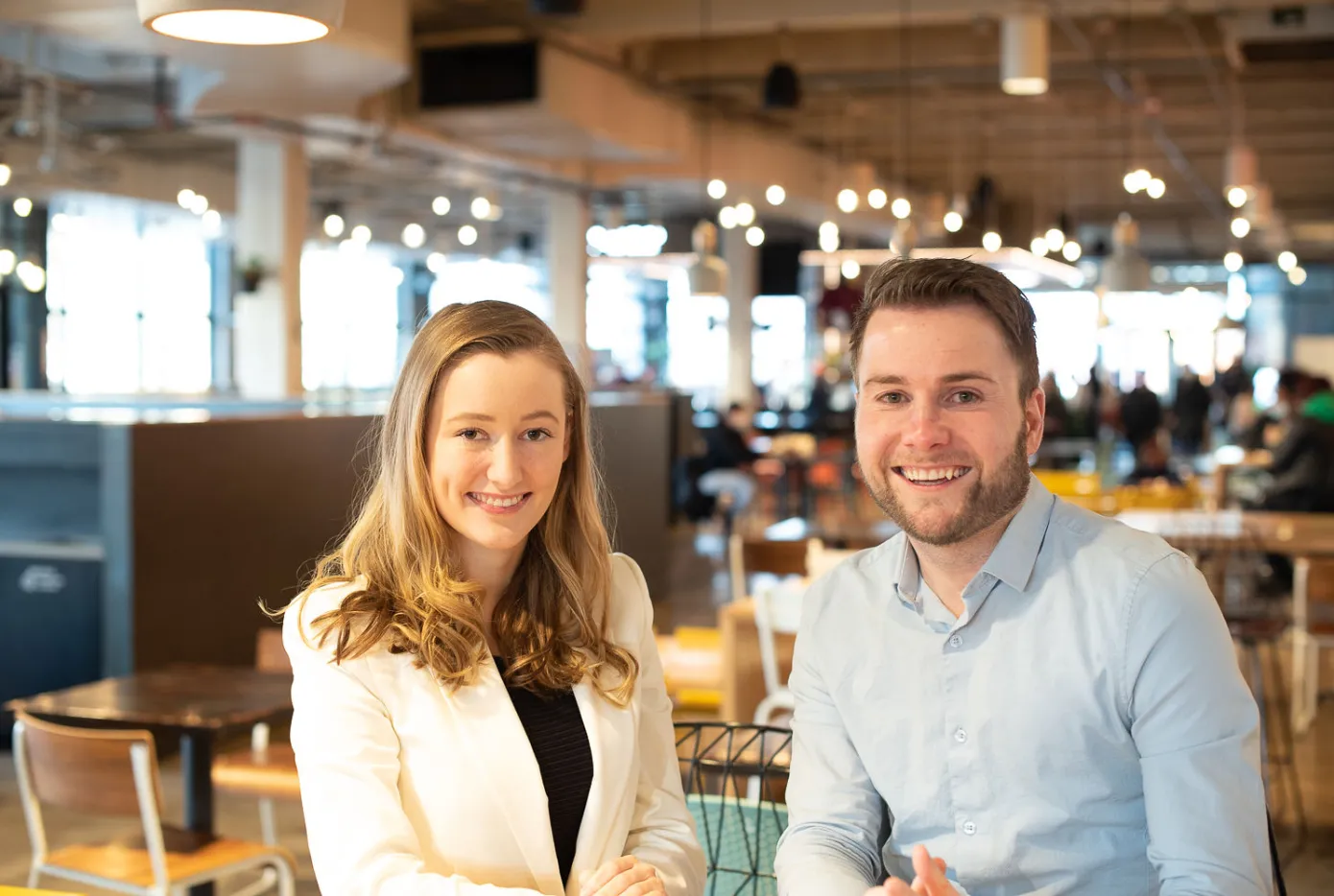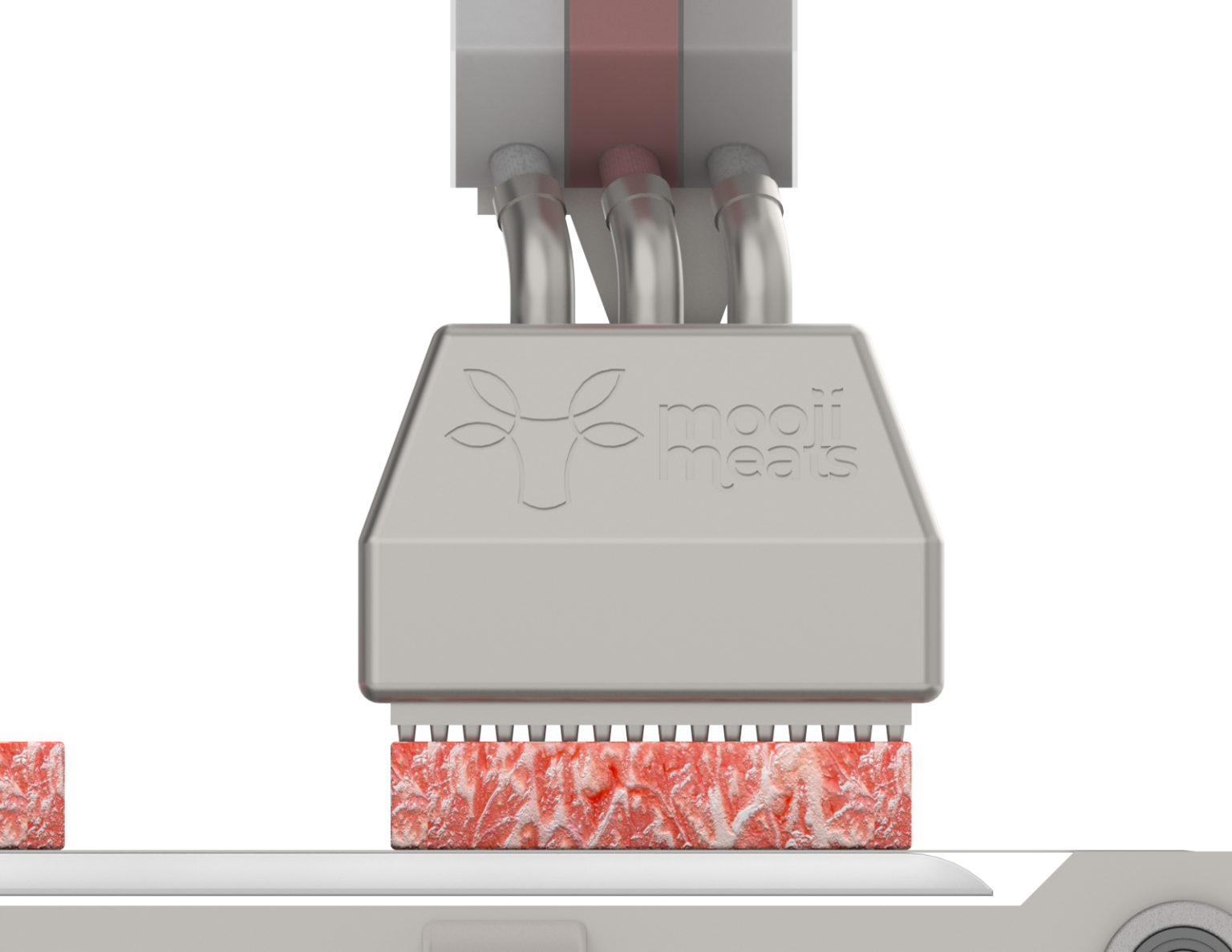Earlier last month, techcrunch introduced mooji meats, noting that the Baltimore based food technology startup plans to raise $2.5 million in seed round funds to accelerate the development of its 3D printing technology. On Tuesday, * * the company announced that it had raised $3 million in a round of financing involving the good startup, collaborative fund, lever VC and AgFund** The good startup and collaborative fund have a strong interest in this category and have invested in impossibile and beyond respectively in the past.

These other startups are also the names that mooji has been paying attention to because its additive manufacturing process can extrude alternative meat on a large scale. Most of these companies focus on plant meat that mimics ground beef or sausage. Mooji's technology aims to mimic the whole piece of meat. The company points out that 70% of the meat market revolves around whole meat - in sharp contrast to what other alternative meat offers.
"If you go to a food technology conference, it's the number one topic everyone talks about. It's really important to create real meat for this industry," said INSA Mohr, CEO of the company. "On the one hand, there is 3D printing. They create a very good and real taste, but it is too expensive. On the other hand, there are cheaper technologies, such as traditional extrusion and electrospinning, which are really cheap, affordable and scalable. However, when customers try, the texture score is not high."

Using the technology developed by Harvard sea, where co-founder Jochen Mueller is a postdoctoral, the company is trying to produce a system that can perform the process quickly, cheaply and on a large scale. Specifically, the company cites a new printing technology it uses (developed by the above Harvard team), which can print with hundreds of nozzles at the same time, while many existing technologies use only one nozzle.
"One third of the money will be used to expand our laboratory," INSA Mohr told techcrunch. "We still need more equipment. One third will be used for recruitment. We hired seven engineers, a combination of food scientists and engineers, including 3D printing engineers. The other third will be used for traditional expenses."
Mooji believes this will release the company's ability to print on a scale comparable to more traditional technologies. However, this is still a fairly early stage, and the company plans to develop the first prototype in the next six months. At the same time, it hopes to bring its printers to the market in the next year and a half.
Mooji said it already has customers, although it can't say any names yet. The list includes one or two "market leaders" in Europe and one customer in the United States.
